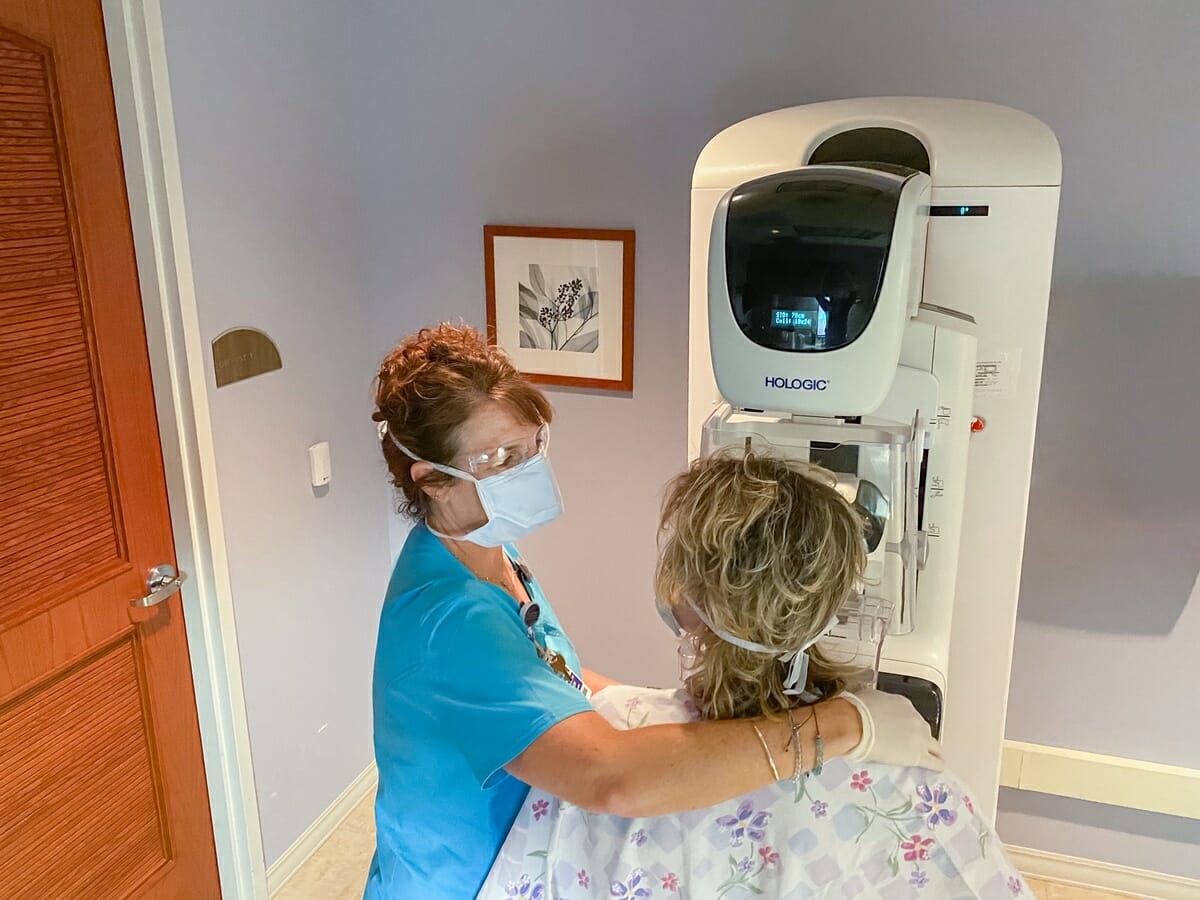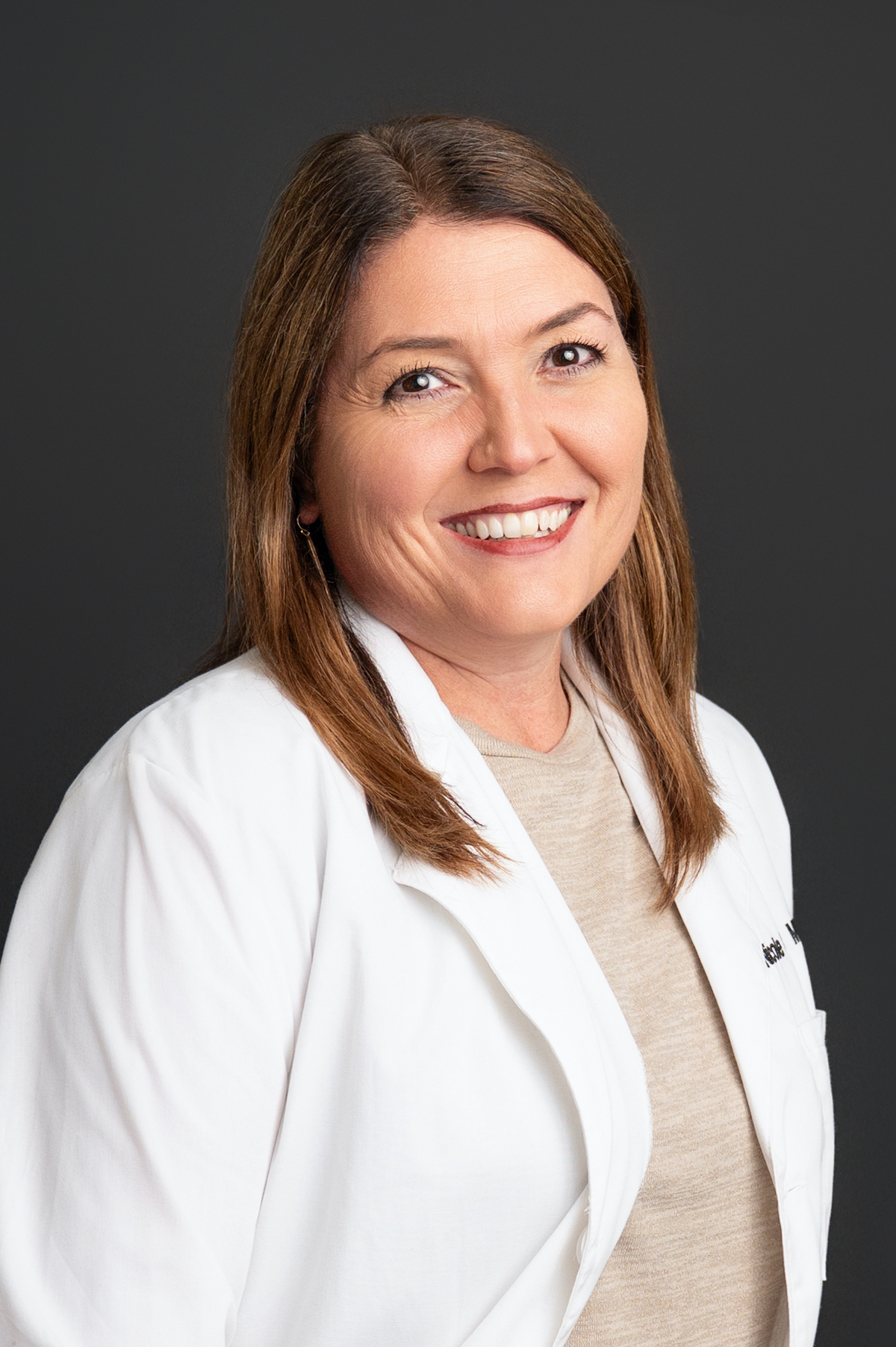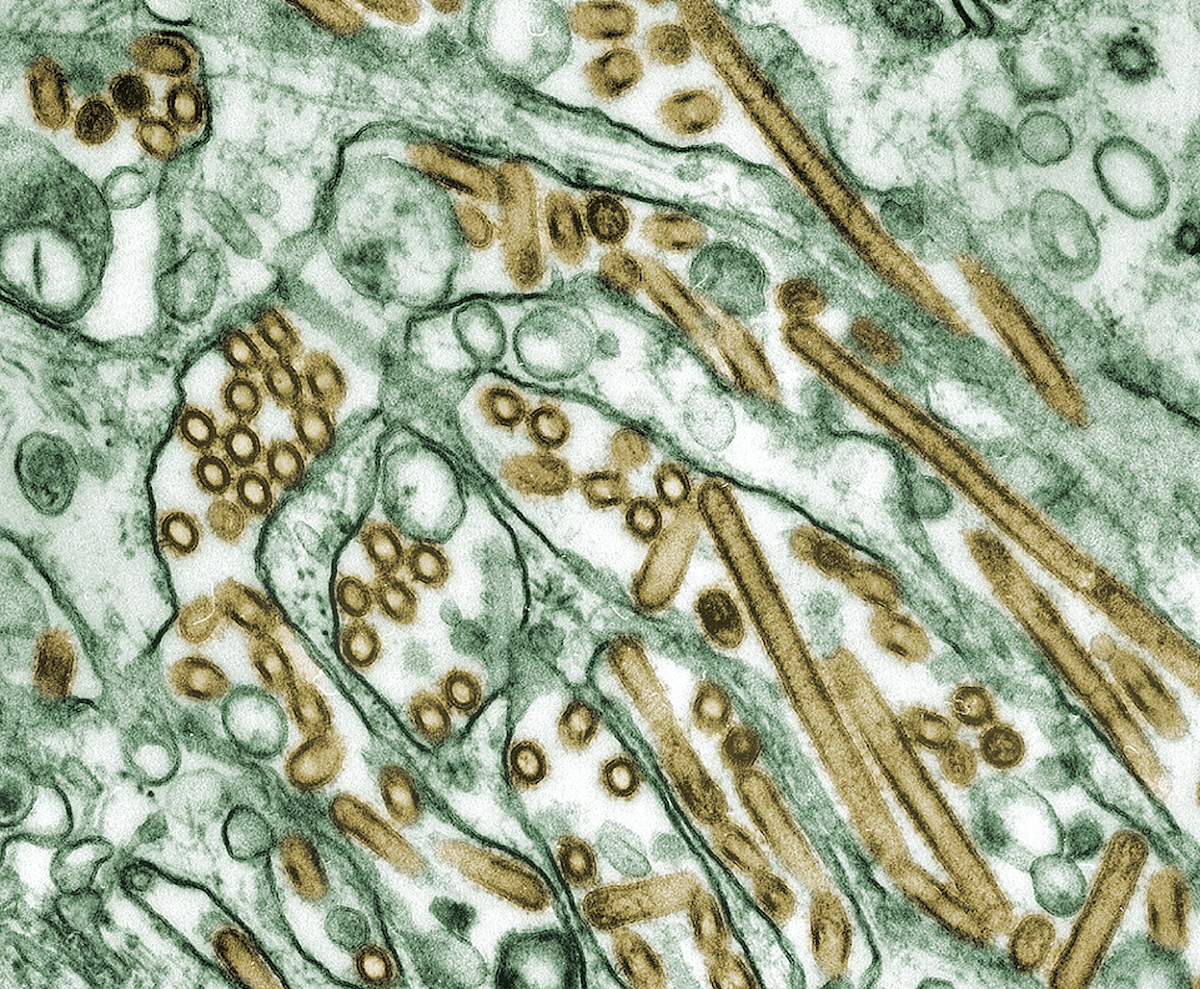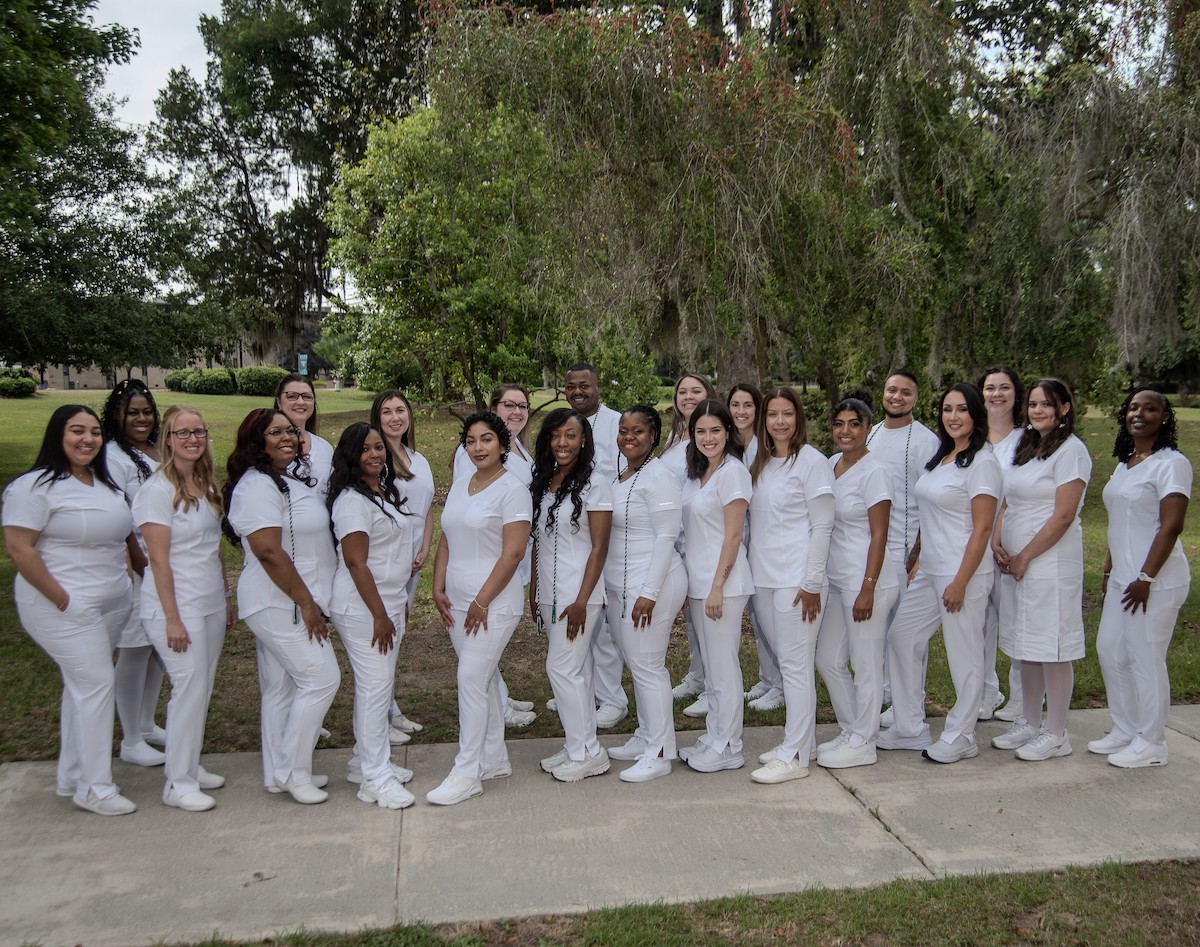Special to The Island News
We are facing a new normal. Social distancing. Pandemics. Flattening the curve. Shelter in place. These terms are now part of our vocabulary.
COVID-19 has created this sense of vulnerability and anxiety in our everyday lives. But as we are learning to adapt and regaining control, another concept needs to be added to the mix – Advance Directive.
“An advance directive is a document that puts you in control of your healthcare decisions, even when you are not able to speak for yourself,” Jennifer Massey, a licensed social worker at Beaufort Memorial Hospital, said. “Now, more than ever, completing an advance directive ensures your wishes about end of life are at the center of your treatment decisions.”
Why now?
Recently, hospitals have had to put strict visitor restrictions in place due to the COVID-19 pandemic. With these restrictions, patients are coming into the hospital alone.
In addition, some patients may require days or weeks on mechanical ventilation. It can be unclear who should be making healthcare decisions for those patients who are very ill or unable to communicate clearly.
Providers are left to track down next of kin based on the state laws about healthcare surrogates, not necessarily working with the person that knows the patient’s wishes best.
“Families may be left to make decisions based on reports from doctors and a few video phone calls,” said Massey, who also serves as Manager of Patient Continuum of Care Services for Beaufort Memorial’s Palliative Care Program. “This can be even more difficult if the family is burdened with trying to guess what their loved one would want in this situation.”
What can I do?
Add “creating an advance directive” to the list of the projects you want to get done during your time in quarantine. This will allow you to reflect on what quality of life means to you and empower you to make decisions about your healthcare, removing the burden from your family.
It also enables you to pick the person you feel will best support your decisions, not necessarily your oldest child or spouse, but the person that will make the tough choices based on the wishes you have communicated.
South Carolina has several options for writing down your decisions about end of life care. The easiest is the South Carolina Healthcare Power of Attorney, (a copy of the free form is available at BeaufortMemorial.org/PowerOfAttorney). The form has instructions on completion and needs to be witnessed by two people that are not part of family or medical team. While there is a place to notarize this form, this is optional.
“Take your time and read over the form and consider what is being asked,” Massey said. “Talk with your doctor if you have questions about what any of it means or how it would relate to your current health condition.”
What next?
Complete the form, initialing by the appropriate line and signing at the end of the document. After you complete the document, share it.
“This is not a document to hide away in a safe deposit box,” Massey said. “This is a document you want to make sure you share. Share it with your family so they know how best to support you should your health start to decline. Tell them about the decisions you have made and why. Share it with your primary care physician. Share it with your hospital. Take it to any medical appointment to ensure your goals for care are at the center of the treatment you are receiving.”
But don’t think this is a one and done kind of form, she advises.
“With major life changes, your wishes and values will change. A divorce, diagnosis with a serious illness, death of a chosen agent or loved one or your own health decline can make you rethink the way you view aggressive therapies.”
Look at the document again and again. Create a new one if you need to. Just remember to share the changes with everyone, so they are working with the latest information.
“While COVID-19 has created this sense of vulnerability and anxiety in our everyday lives, by completing your healthcare power of attorney, you can regain some control,” said Massey. “Empower yourself and your family so they may act confidently on your behalf if the need should ever arise.”








